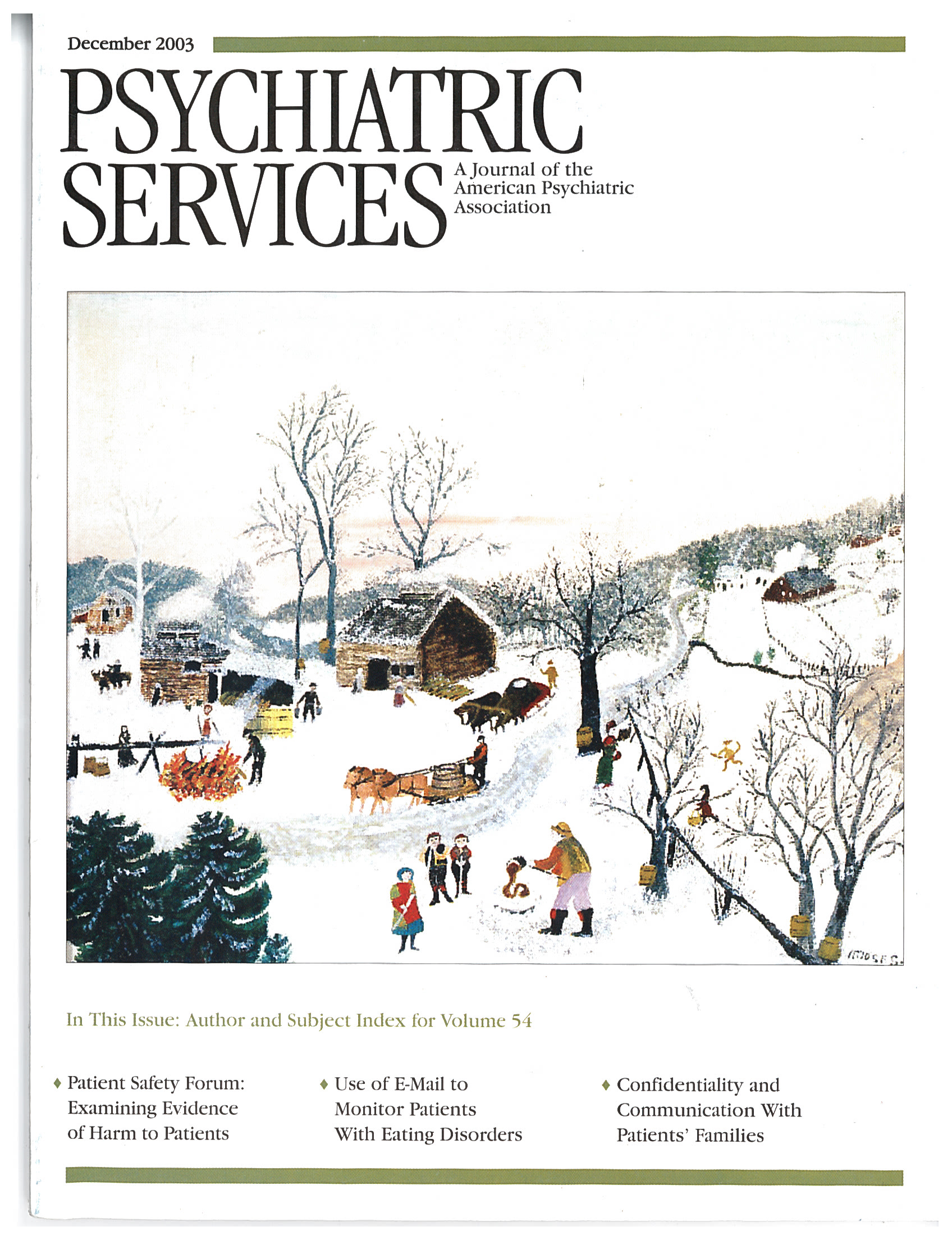It is 1666 in an idyllic village and pastoral setting. Then comes the plague and the torments that the people of the village must endure. We take this journey through the eyes of Anna Frith, recent widow of a coal miner who now must find some path through the pain and some light to guide her.
Geraldine Brooks, a correspondent and journalist, has written a novel set in England not long after the Protector has left power. The Puritan Church is only just beginning to fade away, and a new style of faith stalks her land. Ms. Brooks makes a strong start down the novelist's path in building a heroine with whom we can all identify. Her struggles with the role of faith and belief in tension with a gently growing body of empiric evidence about plague and its causes and cures draw the reader into a wholly believable world.
A particularly tantalizing aspect of this story is being able to read it in the context of our own knowledge of the methods of preventing plague. Watching the villagers wrestle with ideas of cleanliness in the face of their own superstitions finds the reader wanting to shout, "Yes, clean your homes! Exterminate the rats!" You can't help but root for the villagers who look for some solution outside the metaphysical. In a similar vein, our more liberal spiritual age will give most therapists pause as we see each character run full tilt into walls of their own making.
The challenge for a novel—and a novelist—is to carry us on a believable path through the development of a conflict, into the climax, and on through to a resolution. Year of Wonders accomplishes the first two tasks admirably. The reader is easily carried into the mid-17th century, and the author's language draws us into the rhythms of the lives of the people. Superstition, belief, and nascent science struggle in ways wholly believable to a jaded 21st-century reader.
The more difficult aspect of a novel can be to bring the reader forward into a resolution that encompasses the events of the heroine's life while respecting the preceding struggles. It takes only one too many helpful coincidences to drain some of a story's more emotional aspects of their fullest impact. In this regard I found Ms. Brooks' efforts less satisfying. As Anna Frith moves on to another chapter in her life, the end of the novel takes on the faintest tint of bathos.
In all, this novel was a very enjoyable read and well worth the time it took to contemplate the role of science, medicine, and superstition in all our lives.

